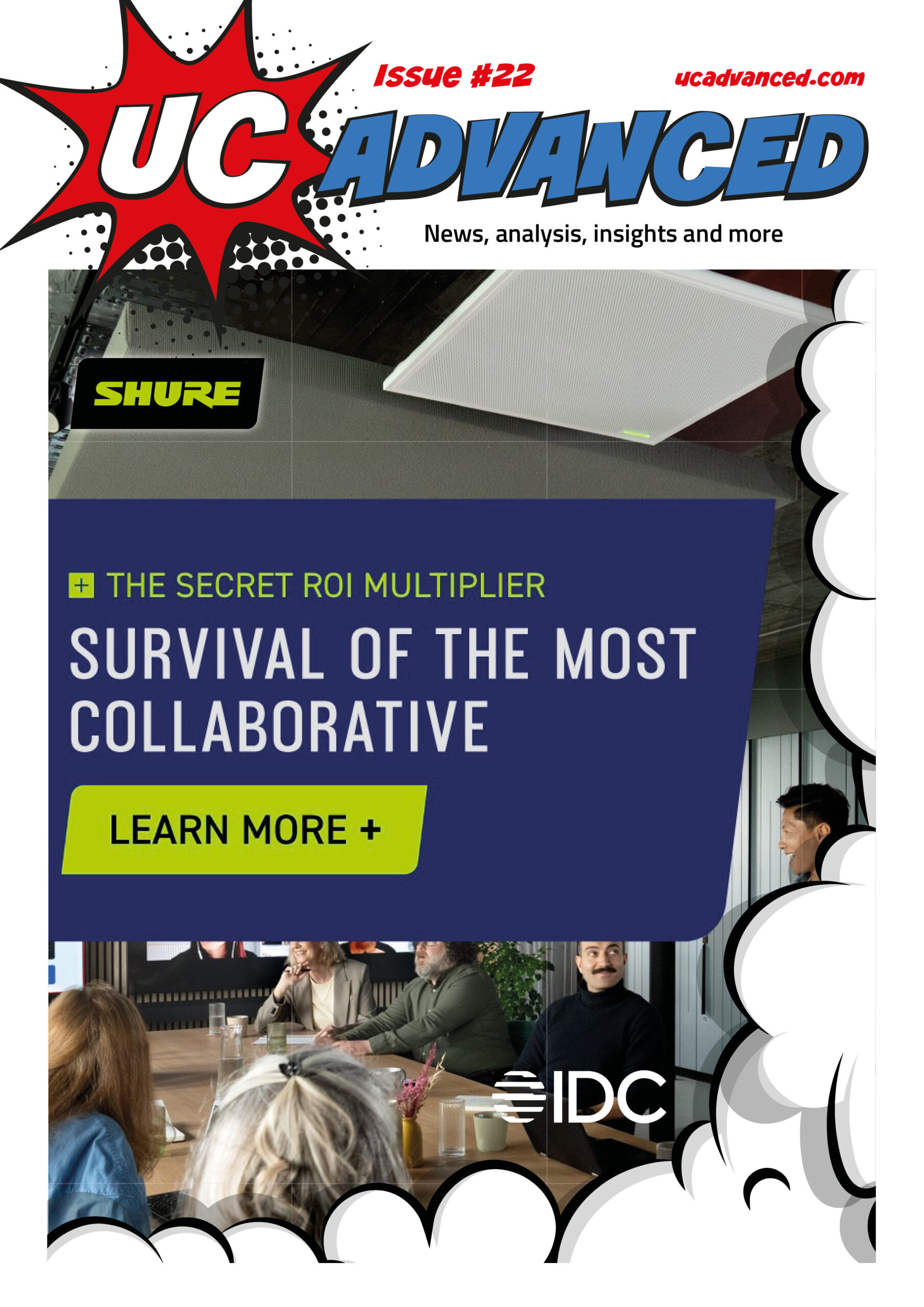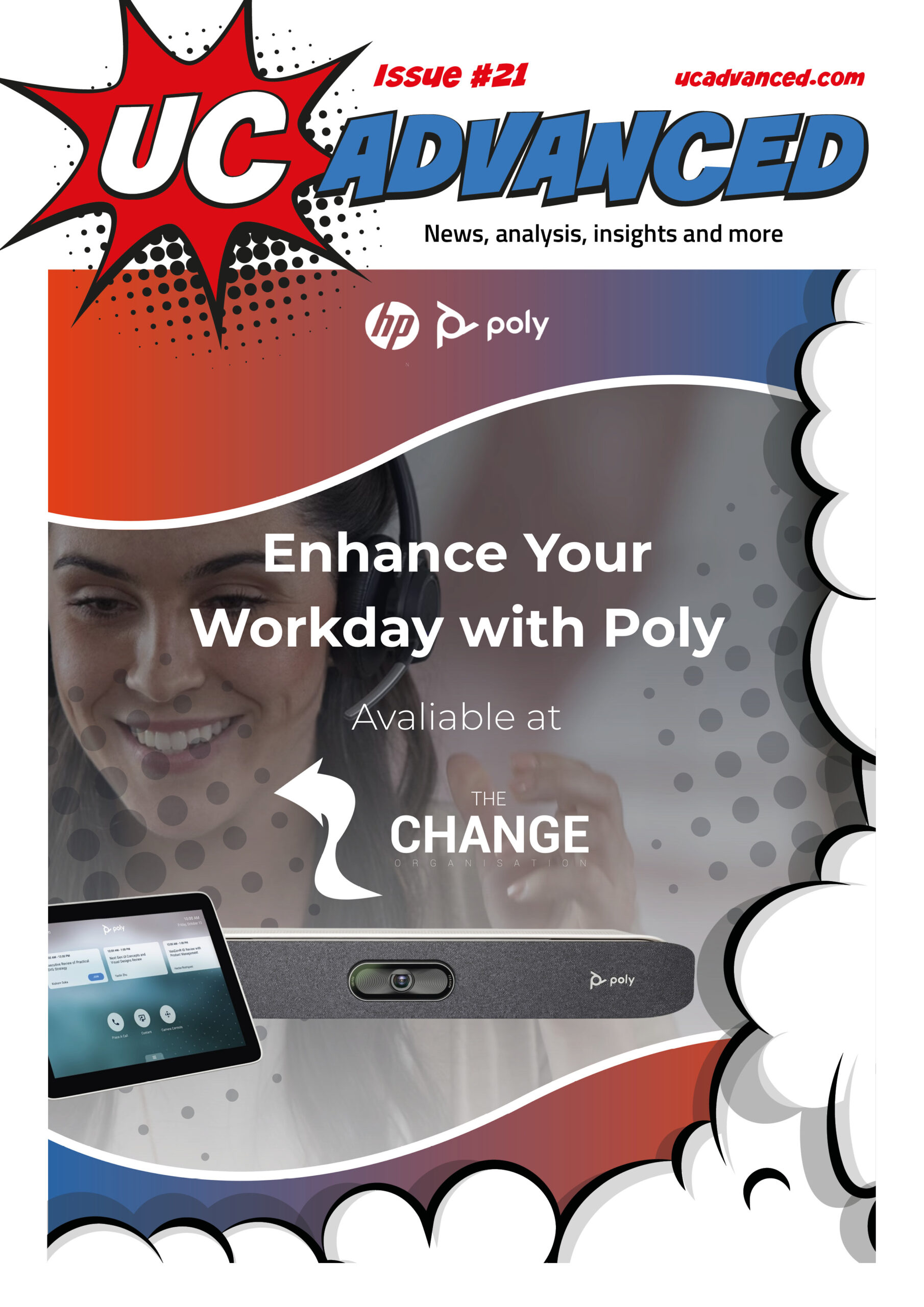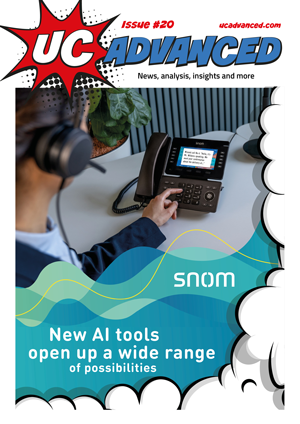With device prices continuing to rise, the second hand, or graded, market has become a more enticing proposition for consumers and businesses alike.
Fresh after my first year of university, with an overdraft of “free money” (a direct quote) I bought my first mobile phone.
The Samsung Galaxy Note Edge specifically, the predecessor to the curved screen phase that distinguished flagships in the Samsung portfolio. However, fresh-faced and barely able to grow a tash, let alone a credit score, I had to look to eBay in order to quench my thirst for cutting-edge technology; no pun intended.
Back then, in 2015, Mazuma Mobile seemed to be the only phone recycling brand on the market, and with the price range for flagship devices from Apple and Samsung costing between £500 and £650, there was no real necessity for one either.
Now that prices have soared and tangible technology has stagnated, the value of the second hand market has grown to $99.9 billion for smartphones alone according to IDC.
Much of this trend has been attributed to the growing numbers of consumers trading in their devices when they upgrade to a new handset. This is a trend that is being emulated within B2B hardware markets, with David Nelson Senior Director of Mobile & Trade In Services – EMEA at TD SYNNEX attributing its own 30% growth in second-hand sales to economic conditions, the capabilities of graded devices, along with the upgrading of devices bought during the technological supermarket sweep of spring of 2020.
“B2B is slowly starting to trade in devices and purchase graded devices to a greater extent than in consumer,” said Nelson. “As consumers, we quite happily walk into a store or shop online, get a new device and then trade back to the old one.
“I think as we’re going through economically challenging times, not just for the consumer but for business, we are coming round to the idea of secondhand devices. Over the last three to five years, people understand that the second-hand device will be a good device, they understand that there’s an ABC grading, and they understand, roughly, what kind of condition the device is going to come in.”
“The business and enterprise channel is more aware and getting more comfortable with the adoption of pre-owned technology,” added Fergal Donavan Regional President, Europe at PCS Wireless. “There is a compelling business case for those that take the time to understand it.
“In addition, it is also a great way to align to corporate ESG, eWaste and sustainability goals. With the smaller leaps in technology we are experiencing in the mobile device world today companies and users are seeing that owning a one to two-year-old device does not mean you have to forgo large technology developments.”
Reducing Waste
Being able to carry out day-to-day responsibilities is obviously key for any new device adoption; some might say fundamental.
In fact, Nelson also added that one of the sticking points for businesses on the road to buying graded devices was the transfer of data from old to new(ish) devices, but went on to say that second-hand devices are able to carry out the basic functions a business needs from it, namely, emails, document sharing and taking calls.
With this in mind and the rising awareness of the technology industry’s detrimental contribution to the environment, Nelson added that the environmental impact of e-waste is influencing buying decisions and removing the stigma around graded devices.
“That environmental message resonates much stronger with Gen Z and millennial customers,” said Nelson. “We’re definitely seeing an increase in those people asking for a graded device, and I think the stigma around graded devices will slowly fade away.
“My hope is that the adoption of legislation in countries or some governance through a fine policy that will change behaviours and make people think again about the technology they are buying.
“If you look back to pre-eBay times, there wasn’t really a secondhand market, people would buy new. Today, everyone is buying on Facebook Marketplace or eBay, so buying secondhand products has become much more acceptable than it has been in the past.”
Grading Legislation
On top of the social pressure, if you can call it that, to embrace the environment more, it may end up being a requirement to use graded devices anyway.
I’m sure if we all looked into the messy draw in our homes we’d find an old phone. In fact, Nelson said that, at a “guesstimate”, there are four billion devices in the UK alone collecting dust just in case the main driver dies.
Both Donovan and Nelson pointed to legislation passed in Europe that could combat this trend by mandating the use of second-hand devices, with the former saying: “There is growing pressure from governments and large industry, which is seeing parties mandate a certain share of all contracts that need to be fulfilled with pre-owned technology.
“This can be seen in France, Germany and the Nordics today and it is now also finding its way into UK frameworks. Users are very comfortable with the purchase and use of used cars, we believe this level of comfort will be seen in the tech space in the future.”
Putting Worries to Bed
However, a clean environmental conscience is not very useful when things go wrong.
Although, technically, devices of two or three years ago are much closer to the flagships being announced today, the pace at which companies are attacked online can make it harder for businesses to keep up with demand.
But this issue is hypothetical according to Steven Athwal, Managing Director www.thebigphonestore.co.uk, who said that management solutions can mitigate concerns over security: “The biggest uptake by corporations has been in the last five years, as refurbished phones have shed much of the stigma previously attached to them and have become a serious and viable alternative to purchasing new devices.
“While stigmas around used devices used to exist, they are no longer prevalent within most organisations. Similarly, while the condition of the devices used to be important, this is no longer the case.
“Historically, requests for refurbished devices insisted on them being in new condition with no marks or scratches. However, companies now don’t care as much, especially in certain industries where cost is more important than condition. Many organisations simply place the devices into protective cases with their logos.
“While older devices may no longer support the latest security patches, many organisations insist on purchasing older devices. Most have their own bespoke apps that only work on certain older versions of operating systems and are not compatible with the latest OS. Organisations overcome any security concerns by locking down the devices through mobile device management solutions.”
Nelson added that the stigma around second hand devices is clearing, as businesses place more faith in the condition the devices they receive will be in.
“If you look at some of the growth in marketplaces like Back Market over the last couple of years, the popularity is staggering.
“I think that there was a stigma before. I think maybe people thought that it was either beneath them to buy a secondhand device, or they were concerned about the condition it would come in, whether there’d be third party parts in the phone or the phone would explode. There’s probably still some stigma there, but I think that’s definitely changing.”
Safe (Second) Hands
Despite these concerns, Donavan said that partners can be the key to mitigating any risks businesses may reel exposed to.
“When the channel works with the right partners then there is no risk. The unregulated nature of the secondary market does mean that lower-grade products are offered, which may not be genuine or in great condition.
“Well-known brands such as Renewd go further to ensure the customer experience is as close to the primary (new) market as possible when opening a pre-owned product. The quality is also backed up by a 24 months quick turnaround service and warranty.
“All pre-owned products bought through reputable partners will have undergone rigorous cosmetic and technical procedures before being graded and made available to the channel. Return rates are very comparable to new product offerings and return procedures mirror the primary market with warranty periods that are even longer than the original manufacturer warranties. Everything is done to ensure no private data is received or passed on through the secondary market.”
Realising Value
In terms of the benefits, naturally, second-hand devices result in savings for businesses that can add up to a pretty penny.
“There’s a huge difference in pricing between new and graded devices,” said Nelson. “It also changes at different times of the year, so when we’re coming up to a new Apple event, second hand pricing will start to dip.
“Ultimately savings can be 40 to 50 percent on the tier two brands, for some of the Chinese vendors you’re looking at a 50 to 60% saving, so it can be quite big especially if you’re a large business buying 1,000 units.”
If that is not enough to entice businesses into the graded devices, Donavan and Athwal both said that resellers need to communicate with potential customers face to face, so they can understand how technology is prepared and have faith in the products they are purchasing.
“The savings from the second-hand market can be huge, ranging from 40% to 85% of the new price,” said Athwal. “To convince businesses to embrace the second-hand market, the easiest way is to send them a few trial handsets, allowing them to fully assess the viability of buying used devices.
“In addition, we offer tours of our facility, which gives them confidence in the quality of our products. During these tours, many businesses are blown away by the scale of the refurbished phone market, which often leads them to feel they are missing out and the orders soon follow.”
“PCS Wireless and its trusted partners are working with the key B2B resellers to educate them and the channel as to the advantages of pre-owned tech adoption,” said Donovan. “The message is getting through and more and more businesses are turning to this option.
“Resellers are running a growing number of test projects, sample drops and round tables which are aimed at educating the sector. It is clear however that the industry is adopting this change across the platforms from phones, to iPad.”










